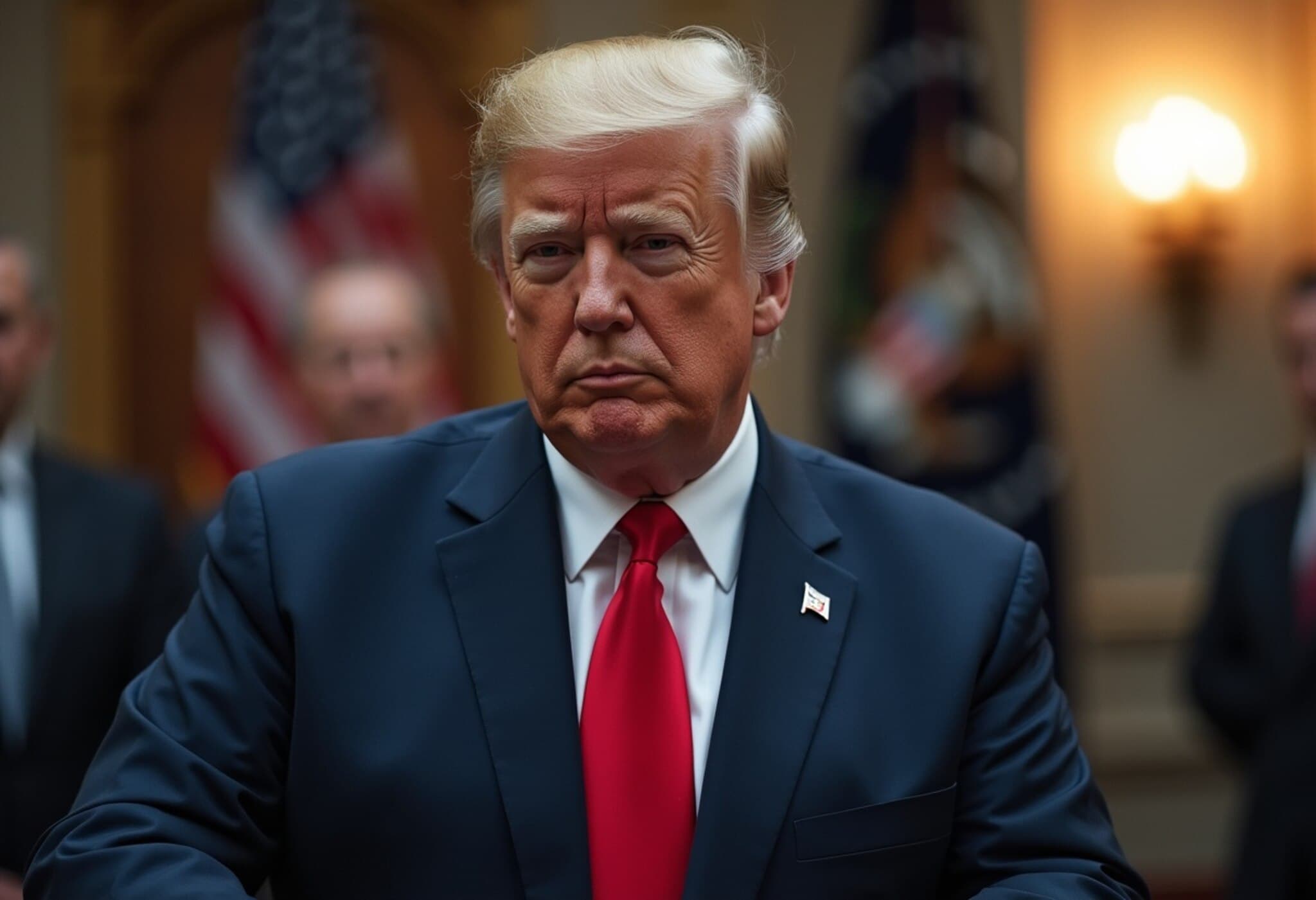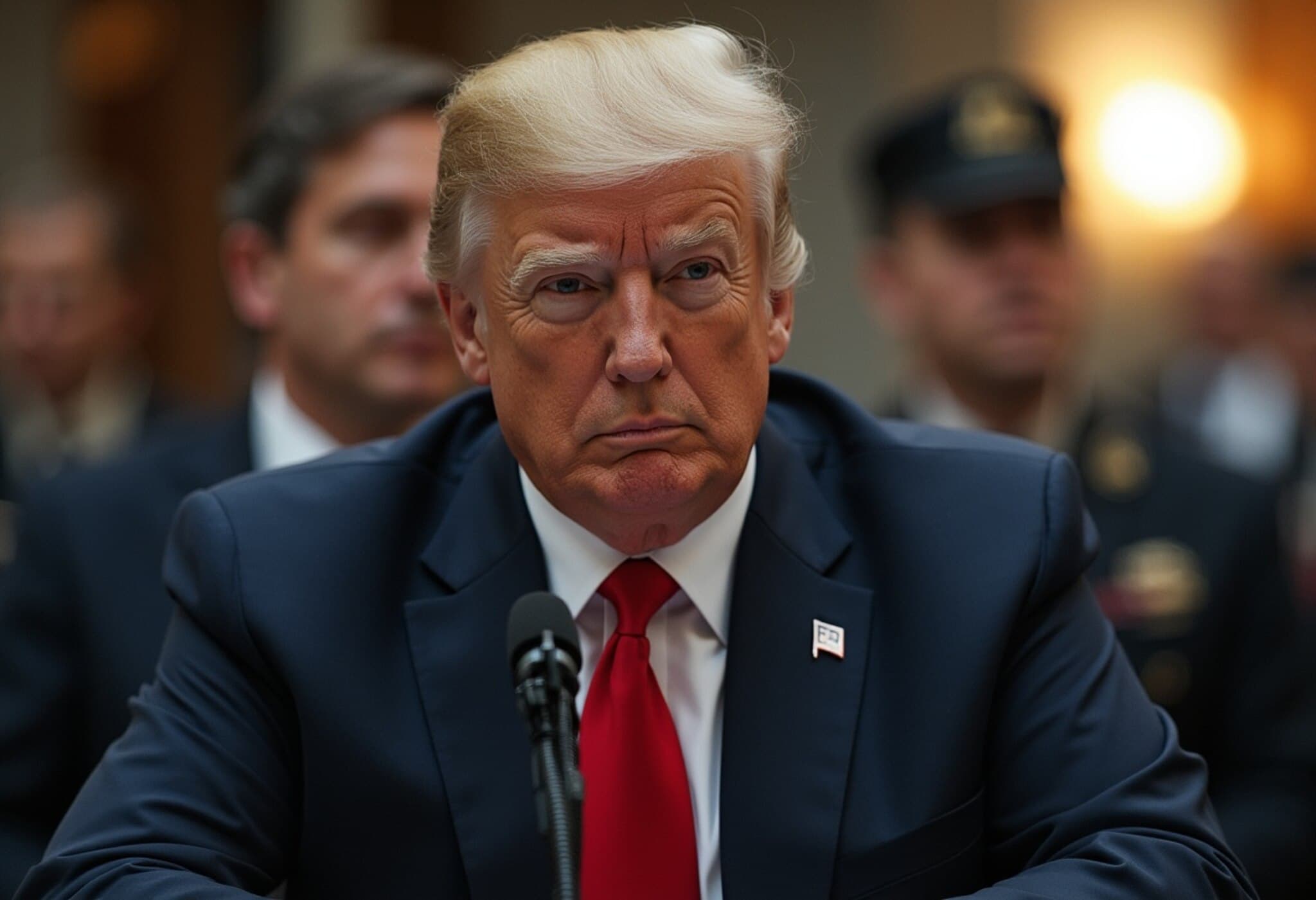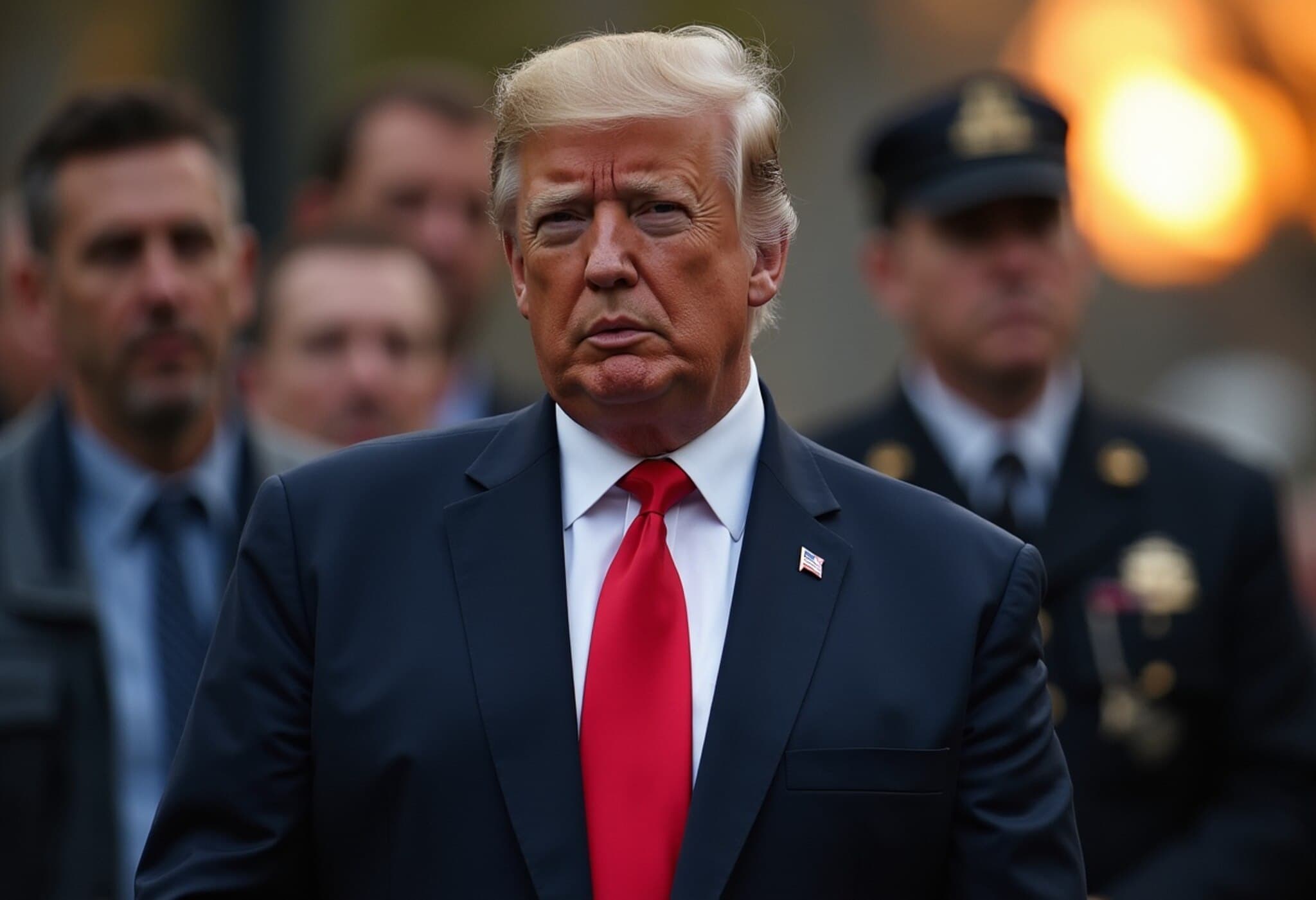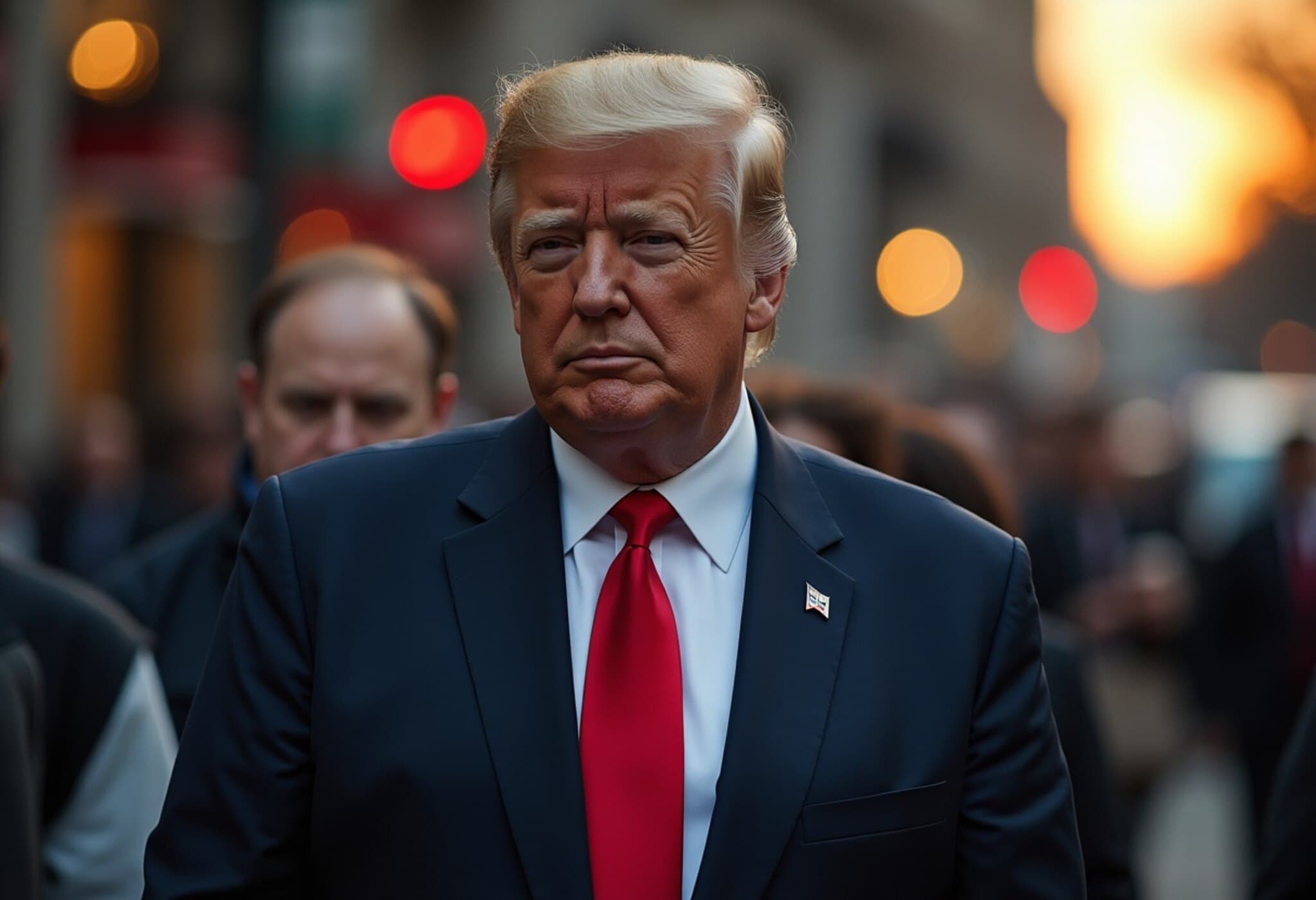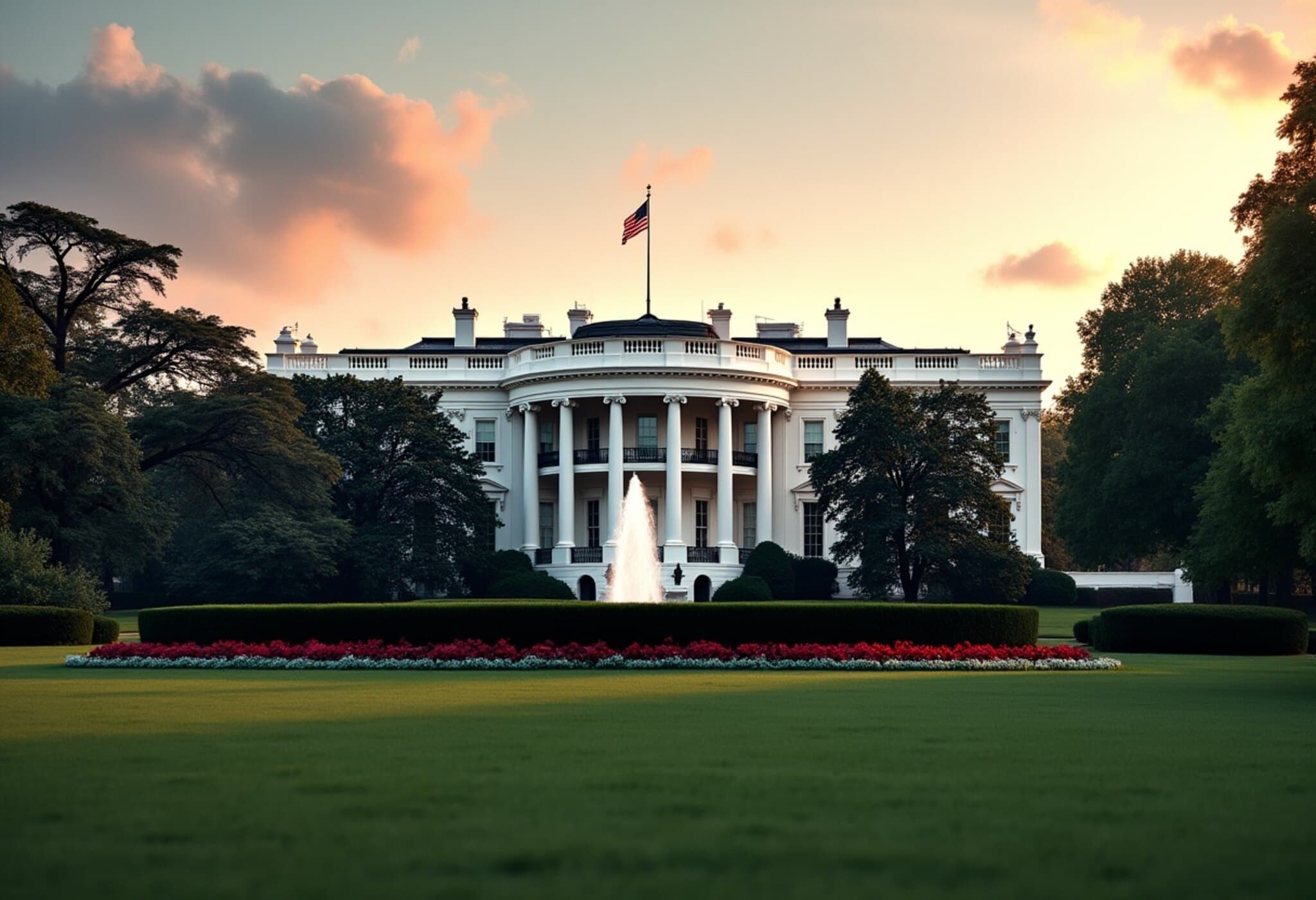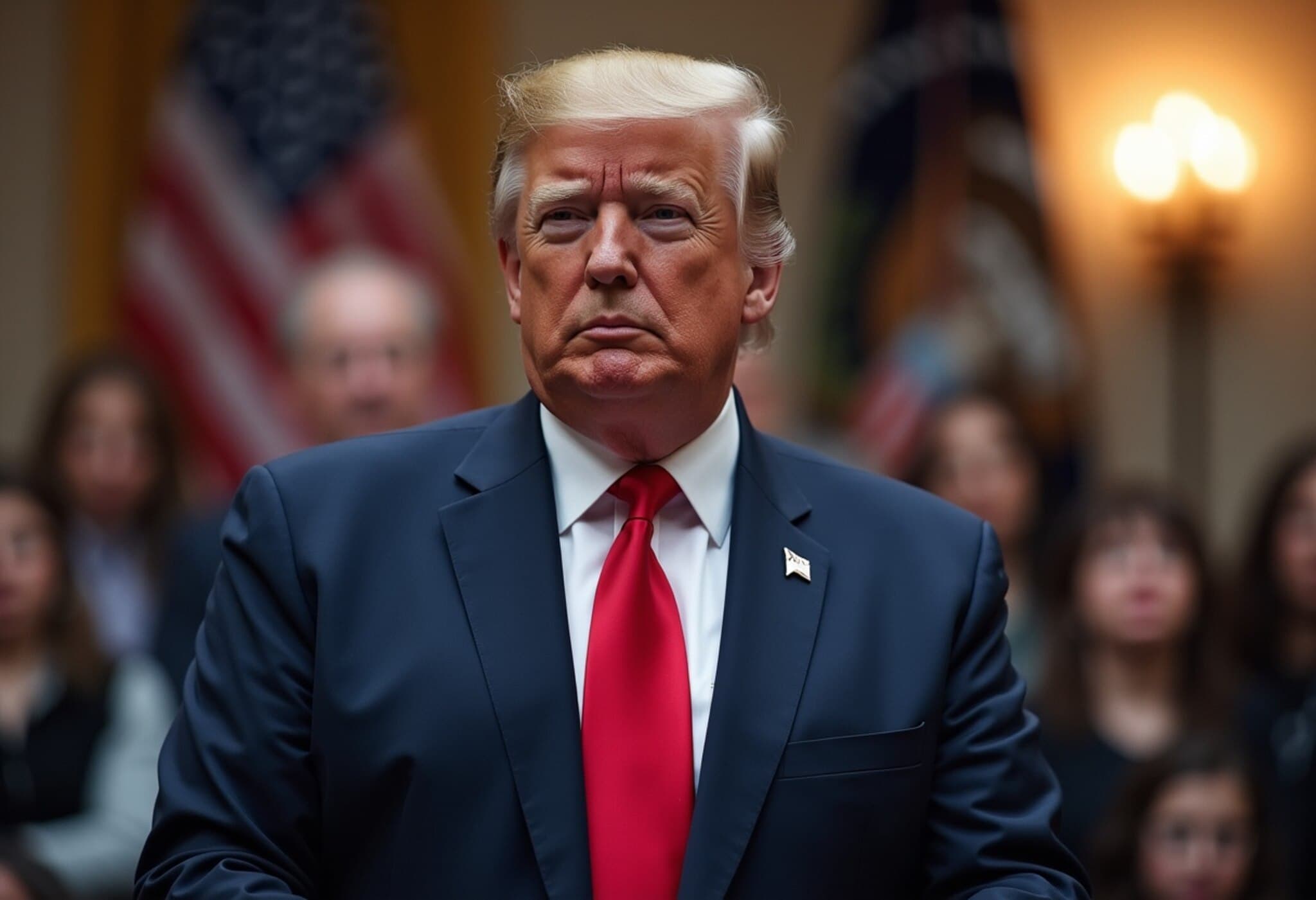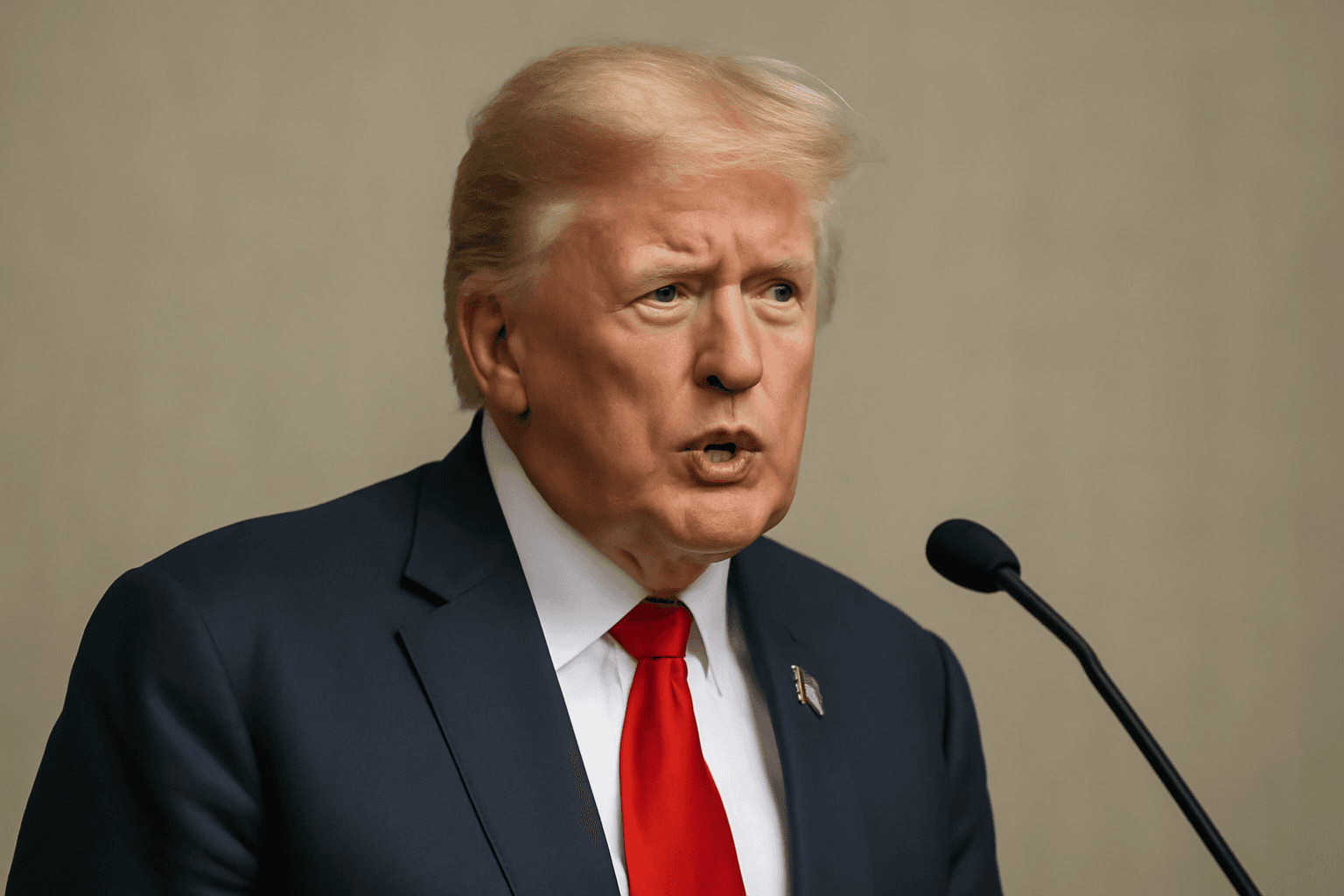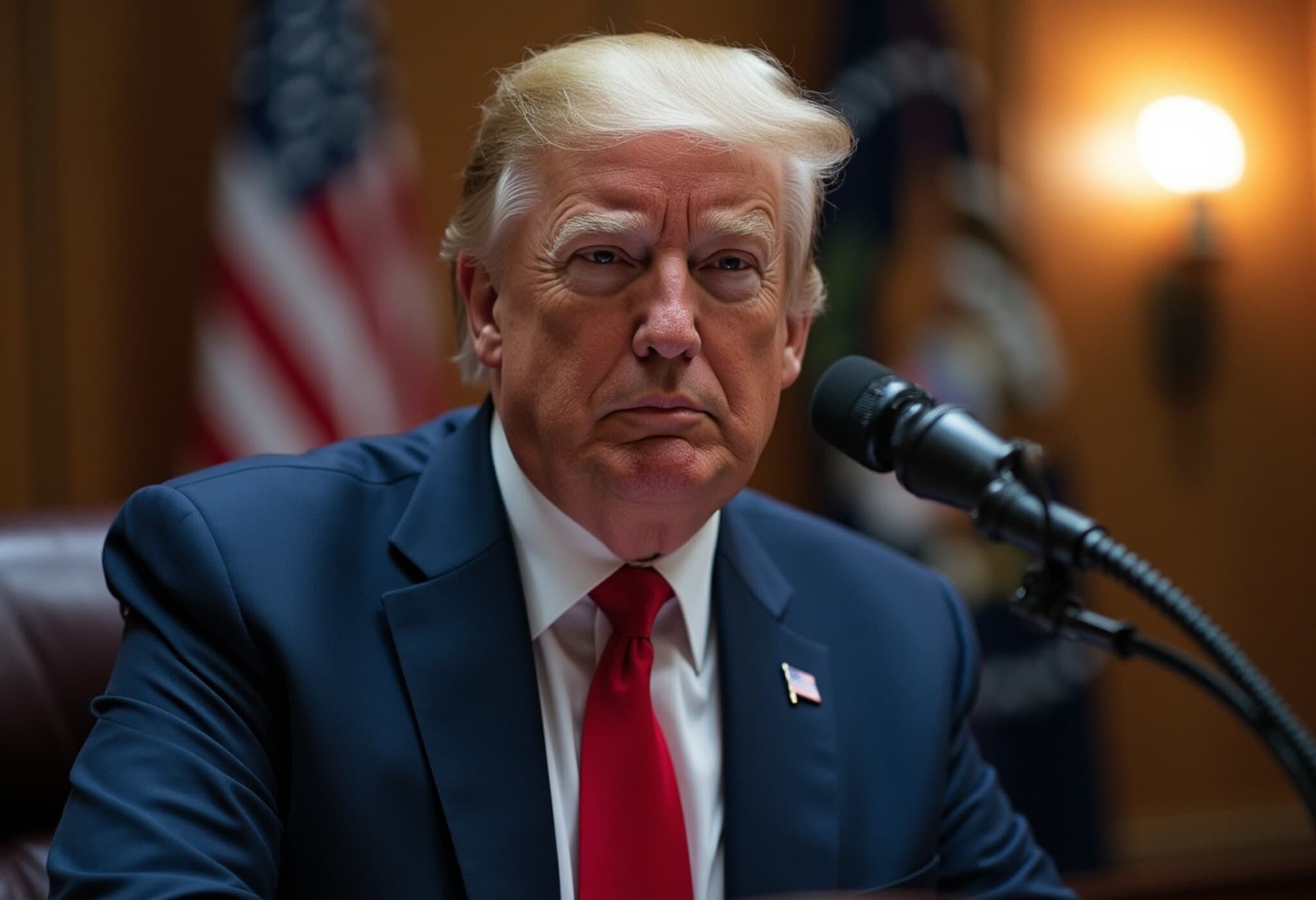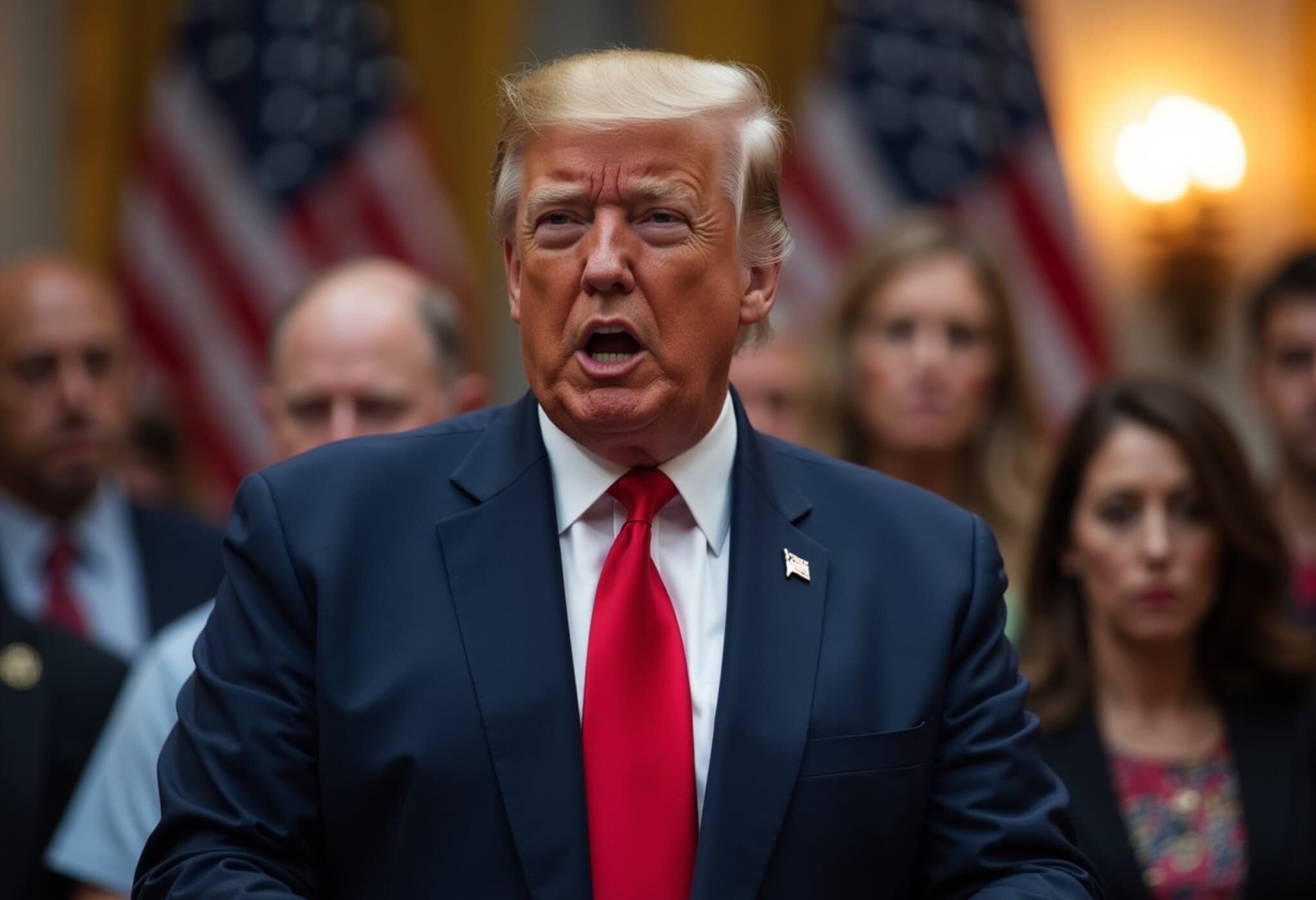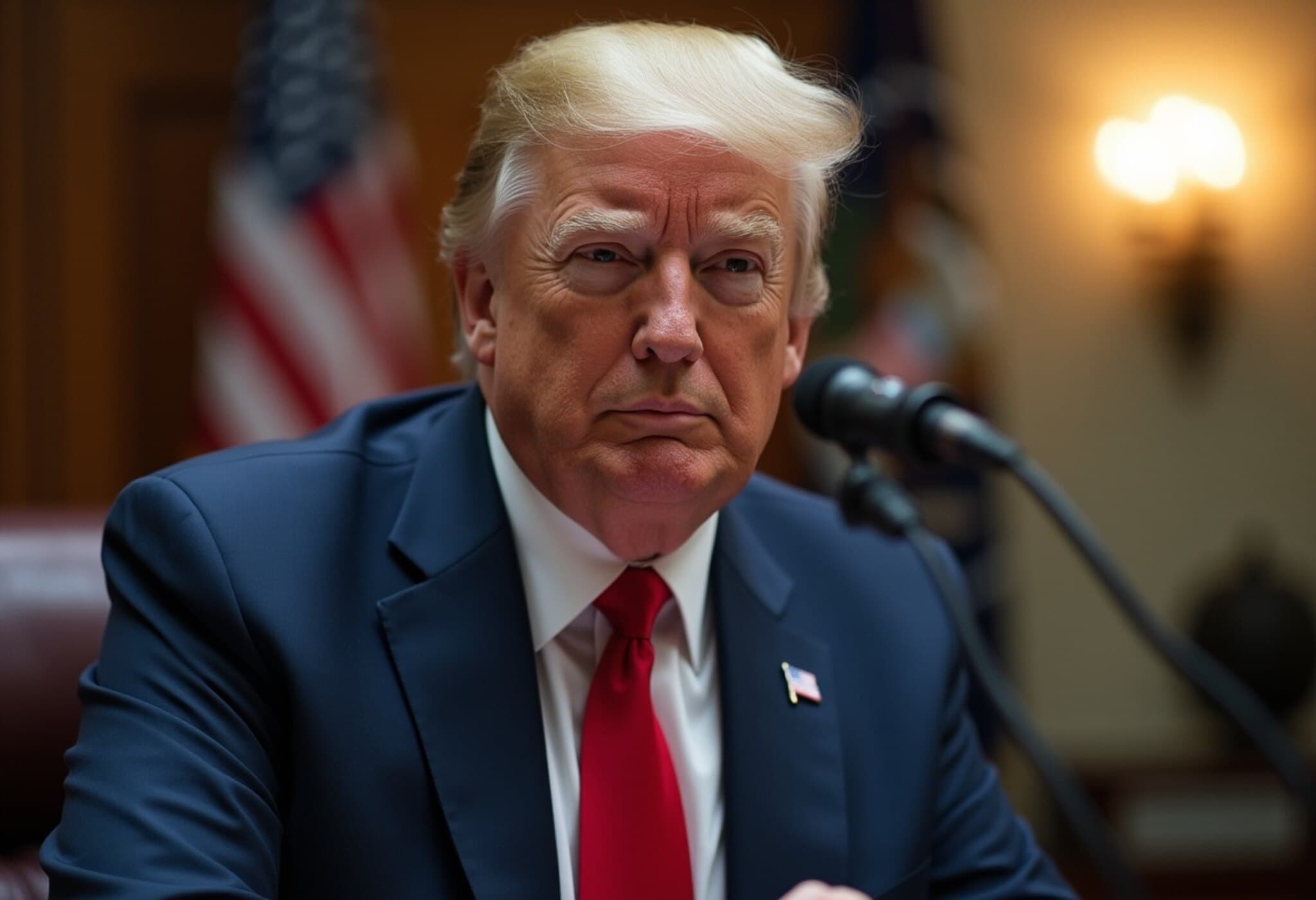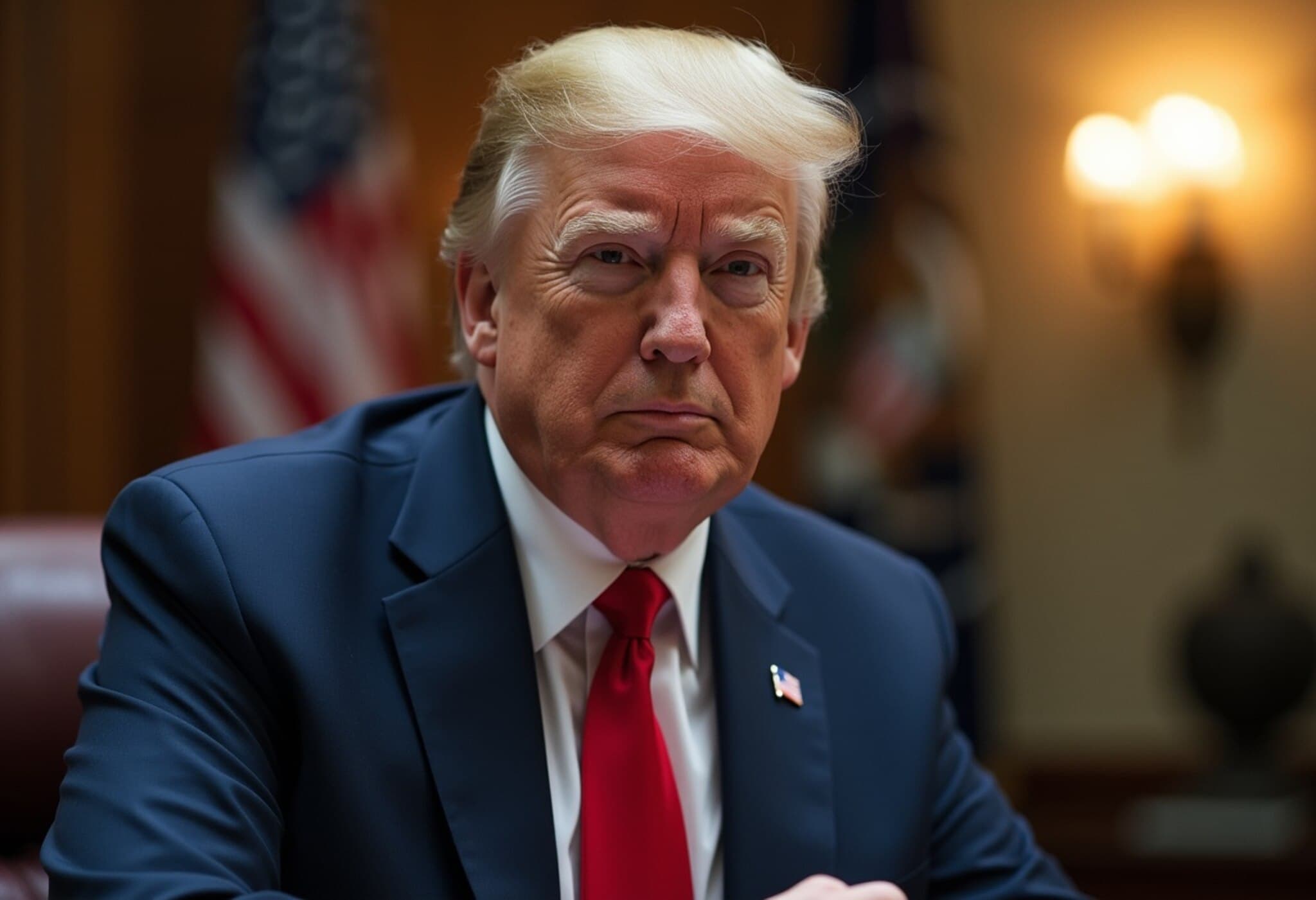Trump’s Loyal Base and the Epstein Files: A Complex Paradox
Over the past decade, Donald Trump’s most passionate supporters have shown remarkable resilience in their loyalty, brushing off revelations ranging from dubious financial dealings to incendiary political acts. The remarkable endurance of this allegiance extends even in the face of serious allegations and scandals involving Trump himself.
Yet, a striking contradiction emerges when it comes to the case of Jeffrey Epstein—the wealthy financier accused of running a vast sex trafficking operation and whose mysterious 2019 death in jail sparked widespread speculation. While Trump’s followers have historically forgiven the former president for a litany of controversies, many have expressed outrage and distrust around how the Epstein case files are being handled.
Unpacking the Epstein Enigma and Its Political Fallout
Epstein’s arrest in 2019 and subsequent death left many questions unanswered, fueling conspiracies and debates. Trump, during his presidential campaign, promised to release all Epstein-related files, a pledge that many supporters embraced as a crusade against a global elite network of dark influence.
Influential conservative commentators tied to the Trump movement have long alleged that Epstein’s client list could unravel entrenched political and societal scandals. Some, like Dan Bongino and former Attorney General Pam Bondi, hinted at forthcoming explosive disclosures. However, official statements from the Department of Justice and FBI declared that Epstein died by suicide and that no further documents would be released.
This declaration sparked a rare moment of dissent within the MAGA coalition, with some accusing the administration of a cover-up, even leading Bongino to reportedly consider resignation. At conservative conventions, such as the Turning Point USA Student Action Summit, the Epstein case significantly energized the discourse, underscoring its symbolic weight in the broader Trumpist narrative.
The Role of Epstein in Trumpism’s Broader Mythos
The Epstein saga occupies a central role in the mythologies cultivated by the MAGA movement. Trumpism thrives on the belief that the former president is combating shadowy globalist forces—often portrayed as sinister or even satanic elites. Epstein embodies this villainous archetype, representing the hidden corruption the movement rallies against.
Yet, this ideological framework demands cognitive gymnastics. Trump’s documented association with Epstein, including social ties referenced by Epstein’s victims and past accusations against Trump involving underage females, stands at odds with the image of a moral crusader. Nonetheless, supporters reconcile this by portraying Epstein as a vast evil that Trump sought to expose and defeat.
Conspiracy Theories, Political Implications, and International Dimensions
The Epstein case also intersects with broader conspiratorial beliefs, particularly within QAnon circles and anti-Israel rhetoric. Theories suggesting Epstein’s connections to Israeli intelligence agencies have gained traction despite official denials from Israeli officials. These narratives contribute to a charged environment where political grievances and international suspicions converge.
Such international entanglements add layers of complexity. Allegations linking Epstein to former Israeli prime ministers, though unproven, fuel suspicions and risk fostering harmful stereotypes and scapegoating. This phenomenon highlights how unresolved controversies can exacerbate ethnic and geopolitical tensions.
Expert Analysis: The Challenge of Cognitive Dissonance in Partisan Loyalties
Psychologists have long studied the phenomenon of cognitive dissonance—where individuals maintain allegiance to a belief system even when confronted with contradictory evidence. Trump’s base exemplifies this, as many reconcile his personal flaws by casting him as a valiant fighter against an immense evil.
This dynamic raises critical questions for the future of American political discourse. How long can a coalition sustain itself on a foundation that strains empirical realities? What are the consequences for democratic accountability when complex truths are supplanted by emotionally compelling narratives?
Conclusion: An Ongoing Saga of Trust, Betrayal, and Political Identity
The Epstein files and the reactions they provoke expose a rift in the MAGA movement—between idealized loyalty to Trump and the uncomfortable realities surrounding his connections to Epstein. The controversies illuminate broader challenges in contemporary politics, where mythmaking, identity, and conspiracy intertwine with governance and justice.
For observers and participants alike, the story prompts reflection on the costs of political mythologies and the urgent need for transparency and accountability in public life.
Editor’s Note:
As the Epstein case continues to reverberate through American politics, it serves as a litmus test for the resilience of democratic institutions and the health of public discourse. Readers are invited to consider how political allegiance shapes the reception of truth and the role of media literacy in navigating complex narratives. The Epstein files may never tell the full story—but the conversations they inspire are crucial to understanding the evolving fabric of American society.

